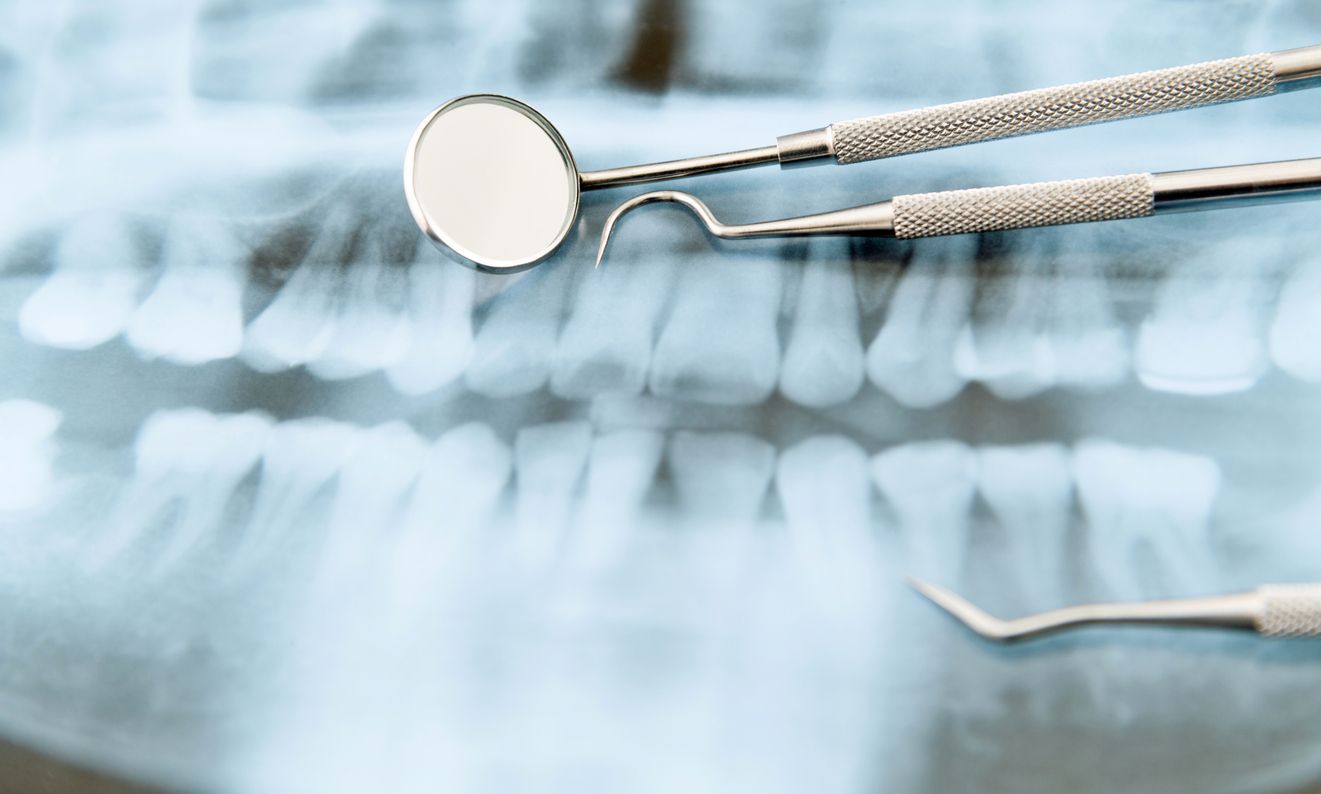Dental Implants and Gum Disease: What You Need to Know
If you’ve lost teeth due to gum disease — also known as periodontal disease — you may be wondering if dental implants are still an option for you.
The answer is: Yes, but with the right precautions and care.
At Atlantis Dental, we’ve helped many patients with a history of gum disease successfully restore their smiles with dental implants. Here’s what you need to know if you’re considering implants and have had (or currently have) periodontal issues.
First: What Is Gum Disease?
Gum disease is an infection of the tissues that support your teeth. In its early stages, it may show up as red, swollen gums or bleeding when brushing. In advanced stages, it can lead to bone loss, tooth mobility, and even tooth loss.
This infection is caused by bacteria — and those same bacteria can also affect dental implants if not properly controlled.
Can You Get Implants If You’ve Had Gum Disease?
Yes — but only if the gum disease is under control.
Here’s how we determine candidacy:
- You must complete a deep cleaning (scaling and root planing) to reduce infection.
- You must be committed to strong home care: brushing, flossing, and using a water flosser daily.
- You must come in for routine 3-month maintenance cleanings.
- Your bone structure must be healthy enough to support an implant (a bone graft may be needed if there’s been bone loss).
With these measures in place, many patients with a history of gum disease become excellent implant candidates.
What Happens If You Don’t Maintain Implants After Gum Disease?
If bacterial levels rise again — due to missed cleanings or poor oral hygiene — you can develop peri-implantitis, a type of infection that causes the implant to fail.
That’s why at Atlantis Dental, we have a strict 3-month implant maintenance protocol for our patients. Our hygienists are trained in cleaning around implants without damaging their surface — something that’s essential for long-term success
Tips to Protect Your Implants (and Gums)
- Use a soft-bristle brush twice daily
- Floss and/or use interdental brushes or a water flosser
- Visit your hygienist every 3 months
- Avoid smoking — it significantly increases the risk of implant failure
- Manage health conditions like diabetes with the help of your physician and dental team
Final Thoughts from Dr. Naqvi
“Your history of gum disease doesn’t disqualify you from implants — but it does mean you’ll need a dentist who understands the extra care required. At Atlantis Dental, we don’t just place implants; we help you protect them for life.”
If you’ve been told you’re not a candidate for dental implants because of gum disease — get a second opinion. We may be able to help you restore your smile safely and effectively.
Call
Atlantis Dental at 508-625-5861 to schedule your implant consultation today.










